Thirteen-year-old Laniyah White stood confidently before fellow community members, sharing a poem envisioning a future without racism in the city.
“Battle Creek is not perfect, but it’s the city we live in. So we must improve it, and let the changes begin,” White delivered before receiving a standing ovation from the roughly 65 people gathered.
Later in the evening, 8-year-old Luna Fox similarly shared a hopeful vision for Battle Creek that included “more libraries; free food so no one is ever hungry; everyone has a house; no one gets bullied.”
The two were among the youngest attendees of the eighth annual National Day of Racial Healing event hosted by the Battle Creek Coalition for Truth, Racial Healing and Transformation (TRHT) on Jan. 16 at the Record Box Loft in downtown Battle Creek. Their participation offered inspiration while underscoring the hope and ambition to provide the next generations with a more prosperous and equitable future in the city.
Community members in attendance were asked to envision the city in 100 years without racism, the first of several envisioning conversations hosted by Battle Creek TRHT throughout January and February.
The National Day of Racial Healing is observed as part of the W.K. Kellogg Foundation’s Truth, Racial Healing and Transformation efforts, where communities across the United States engage in activities, events or strategies that promote healing and foster engagement around the issues of racism, bias, inequity, and injustice in society. The comprehensive, national, and community-based effort was launched in 2016.
At this year’s National Day of Racial Healing event in Battle Creek, White was the youngest spoken word artist to perform, with college students Tania Reese and Khyrinn Herring also sharing their visions for the city.
The event kicked off with a song performed by a member of the Nottawaseppi Huron Band of the Potawatomi, and was capped off by a performance by Nanou Djiapo, an African drum and dance group from the Metro Detroit area. Community members were treated to a free catered dinner to enjoy during guided dialogue.
Battle Creek TRHT program director Elizabeth Garcia said the purpose of the event was to reconnect with the community, strengthen relationships, and foster more collaboration between organizations that serve the city’s diverse population.
“It’s about going back into what it really means to be a catalyst for this work and living it in our everyday life,” Garcia said. “Because that’s our mission, that’s our theory of change and we implement the framework into our everyday life in Battle Creek. It’s breaking bread and sharing stories so that you are feeding your body and you are feeding your soul.”
Boonikka Herring, of Battle Creek TRHT and mother of Khyrinn Herring, said it was important to give a younger generation a platform to share their experiences in Battle Creek.
“They are experiencing racism in our communities, and it’s not being addressed, and they don’t have an outlet for it,” Boonikka Herring said. “So if I can give them an outlet for them and say, ‘Hey, I hear what you’re experiencing. How do you think we could change this?’ I want these young people to be able to express themselves and say, ‘Hey, this is messed up. How can we work together to fix it?’ That’s the goal.”
Victoria Fox-Ramon, of Battle Creek TRHT and mother of Luna Fox, said envisioning events such as the National Day of Racial Healing celebration bring greater appreciation for the work and sacrifices of past generations and inspire the work to bring healing and transformative change to the city.
“I think about my grandparents and what they wanted for me,” Fox-Ramon said. “Did they imagine me being here, with my daughter, going around and talking to people who are the same and different than me? People from all around the world, all around the country, all around the state, all around Battle Creek really coming together and envisioning a better future. The thing that’s really important is to make sure that no future generations have to survive, they can thrive.”

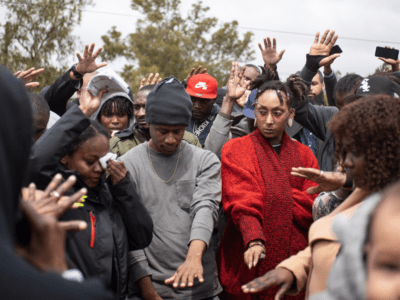
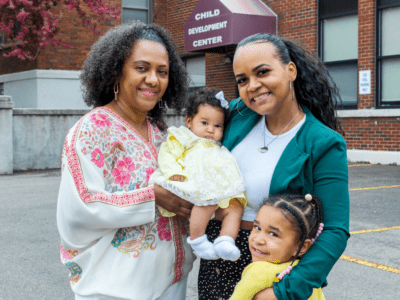
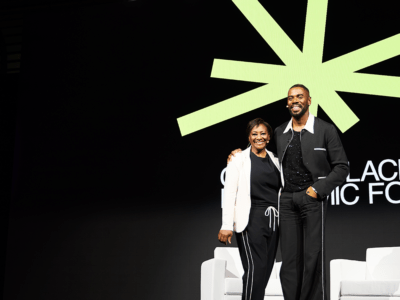

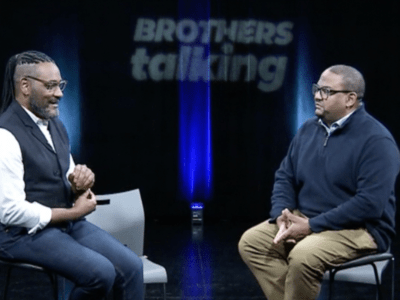
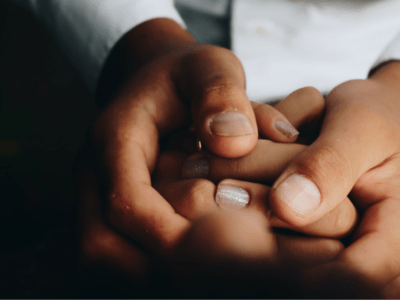

Comments